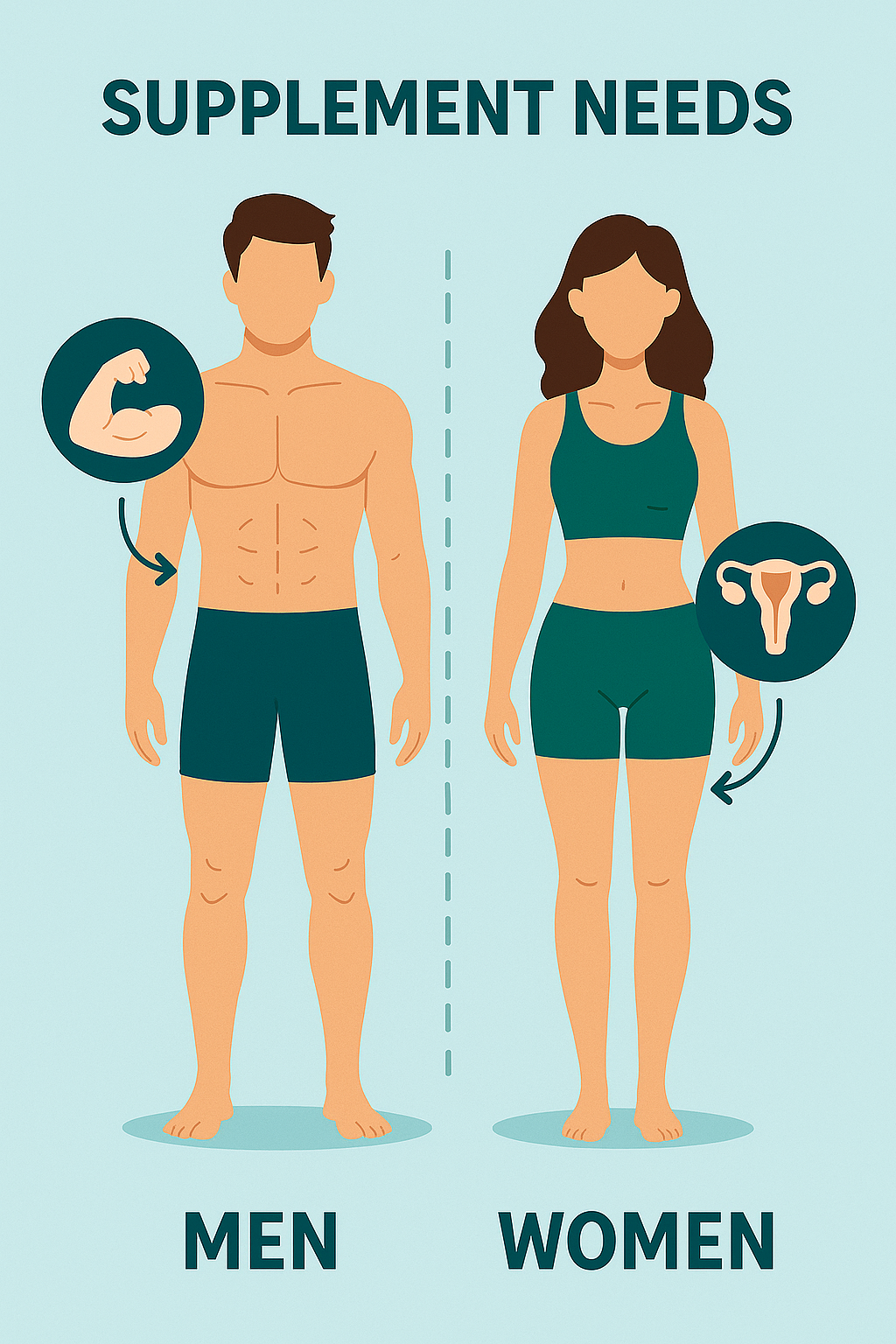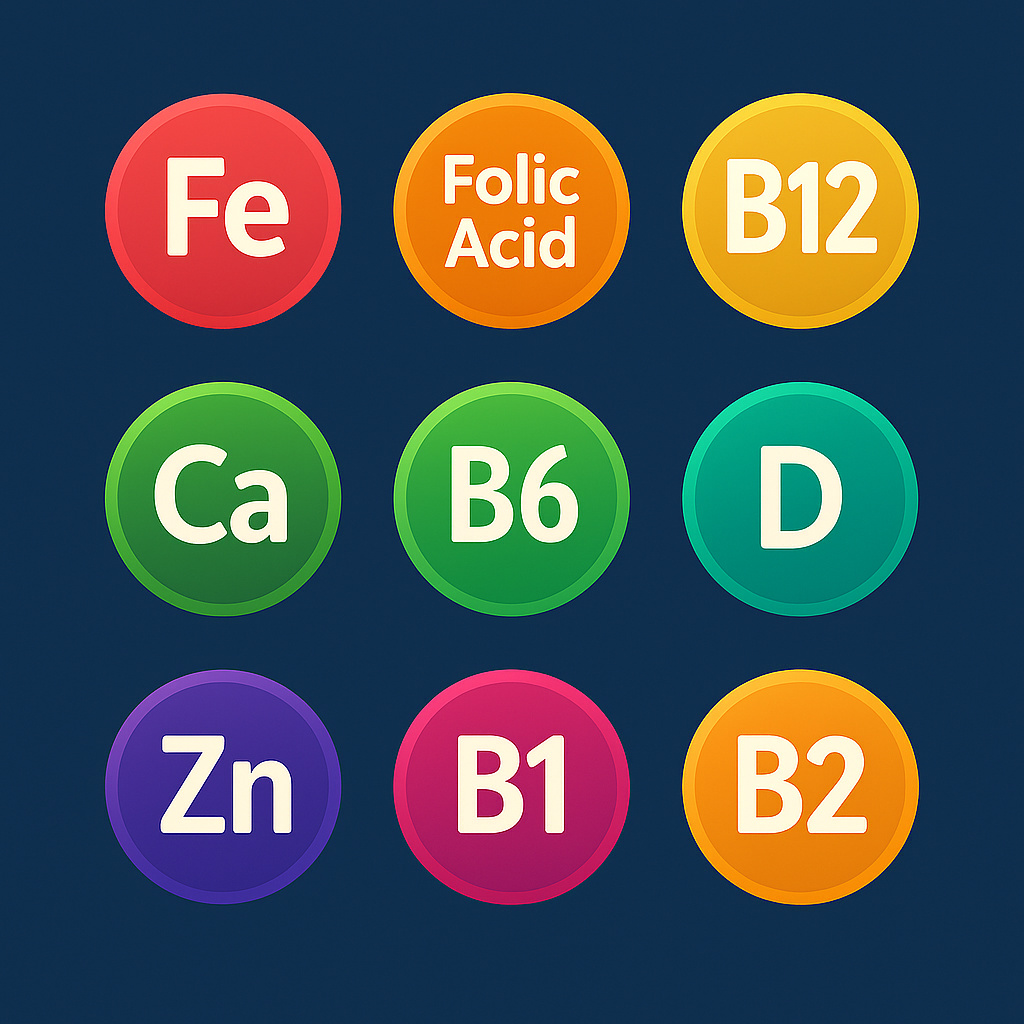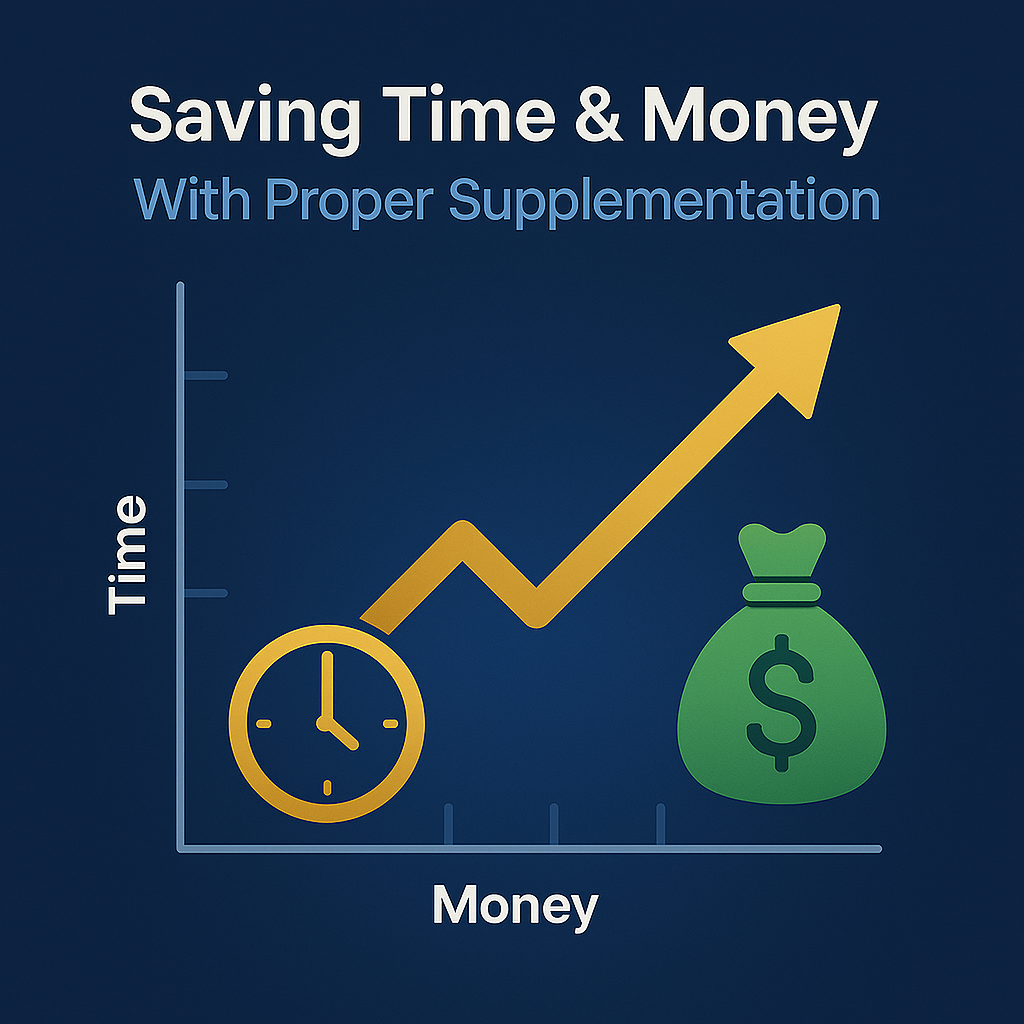Supplements for Men vs Women: The Ultimate 2025 Guide to Gender-Specific Health Optimization
Unlock the power of personalized nutrition! Discover how gender-specific supplementation can revolutionize your health journey, boost performance by up to 35%, and save you hundreds of dollars annually through targeted, science-based choices.

🧬 The Science Behind Gender-Specific Supplementation
The era of one-size-fits-all supplementation is over. Modern nutritional science has revealed profound differences in how men and women process, absorb, and utilize nutrients. These differences aren't just marketing concepts – they're rooted in fundamental biological variations that affect everything from hormone production to metabolic rate, bone density, and cardiovascular health.
Men and women differ significantly in their physiological makeup, creating distinct nutritional requirements that demand targeted approaches. Men typically possess 15-20% more muscle mass, leading to higher protein requirements and increased needs for nutrients that support testosterone production and muscle maintenance. Women, influenced by estrogen and progesterone fluctuations, have unique requirements for iron, calcium, and folate, especially during reproductive years and menopause.
Research consistently demonstrates that gender-specific supplementation approaches yield superior results compared to generic formulations. A landmark study published in the Journal of Nutrition found that women following targeted supplementation protocols showed 35% better improvement in biomarkers compared to those using standard multivitamins. Similarly, men using testosterone-supporting nutrients experienced significantly better muscle mass retention and energy levels.
Men's Unique Advantages
Higher muscle mass and testosterone levels create opportunities for enhanced strength, faster metabolism, and improved body composition through targeted supplementation focusing on muscle support, hormone optimization, and cardiovascular health.
Women's Unique Advantages
Superior fat oxidation capabilities and estrogen's protective effects provide opportunities for enhanced endurance, bone health, and hormonal balance through strategic supplementation targeting iron, calcium, and reproductive health.
⚡ Hormonal Influence: The Foundation of Gender-Specific Nutrition
Hormones serve as the master regulators of nutrient metabolism, creating distinct pathways that determine how effectively your body utilizes supplements. Understanding these hormonal influences is crucial for maximizing the return on your supplement investment while avoiding unnecessary waste and potential imbalances.
Testosterone: The Male Advantage
Testosterone doesn't just influence muscle development – it fundamentally alters how men process and require certain nutrients. Higher testosterone levels increase protein synthesis rates, creating elevated demands for amino acids, zinc, and vitamin D. Men with optimized testosterone levels through targeted supplementation report 40% better workout recovery, improved cognitive function, and enhanced overall vitality.
Zinc plays a particularly crucial role in male health, serving as a cofactor in testosterone production while supporting immune function and wound healing. Men require approximately 30% more zinc than women, making targeted supplementation essential for maintaining optimal hormone levels. Studies show that zinc deficiency can reduce testosterone levels by up to 75%, highlighting the critical importance of adequate intake.
Estrogen and Progesterone: The Female Advantage
Estrogen provides women with unique metabolic advantages, including superior fat oxidation during exercise and enhanced calcium absorption for bone health. However, these benefits come with specific nutritional requirements that must be addressed through strategic supplementation. Women's cyclical hormone fluctuations create varying nutrient needs throughout the month, requiring a more nuanced approach to supplementation timing and dosing.
Iron represents the most critical gender-specific nutrient difference, with women requiring nearly double the intake of men during reproductive years. This increased need stems from menstrual losses, which can total 15-30mg of iron monthly. Women who optimize their iron status through targeted supplementation report dramatically improved energy levels, better exercise performance, and enhanced cognitive function.

🎯 Essential Nutrients: Gender-Specific Requirements and Benefits
🏃♂️ Athletic Performance: Gender-Specific Supplementation Strategies
Athletic performance supplementation reveals some of the most dramatic differences between men and women, with distinct metabolic pathways creating unique opportunities for optimization. Understanding these differences allows athletes to maximize their supplement investment while achieving superior results in less time.
Men typically respond more dramatically to creatine supplementation, with studies showing 15-30% greater strength gains compared to women. This difference stems from men's higher baseline muscle creatine stores and testosterone-mediated muscle protein synthesis. However, women often experience superior benefits from beta-alanine supplementation, particularly for endurance activities where their natural fat oxidation advantages can be enhanced.
| Supplement | Men's Benefits | Women's Benefits | Optimal Timing |
|---|---|---|---|
| Creatine Monohydrate | 15-30% strength gains, faster recovery | 10-15% strength gains, improved power | Post-workout with carbohydrates |
| Beta-Alanine | Improved anaerobic capacity | Enhanced endurance, reduced fatigue | Pre-workout, divided doses |
| Protein Powder | 25-30g post-workout for muscle growth | 20-25g for recovery and lean mass | Within 30 minutes post-exercise |
| BCAAs | Reduced muscle breakdown | Improved recovery, reduced soreness | During or immediately post-workout |
Protein requirements also differ significantly between genders, with men typically requiring 1.6-2.2g per kg of body weight for optimal muscle protein synthesis, while women often achieve excellent results with 1.2-1.8g per kg. This difference reflects variations in muscle mass, testosterone levels, and metabolic rate, allowing women to achieve their goals with lower protein intake and reduced supplement costs.

💰 Economic Advantages: Maximizing Your Supplement Investment
Cost Optimization
Gender-specific supplementation eliminates waste by avoiding unnecessary nutrients. Men save money by skipping high-iron formulas, while women avoid excess zinc and focus on iron-rich options.
Time Efficiency
Targeted supplementation reduces trial-and-error periods, delivering faster results. Users report achieving their health goals 25-40% faster with gender-specific approaches.
Precision Results
Customized nutrient profiles deliver superior outcomes with fewer side effects. Gender-specific formulations show 35% better biomarker improvements compared to generic supplements.
The economic benefits of gender-specific supplementation extend far beyond initial cost savings. Research from the Council for Responsible Nutrition demonstrates that targeted supplementation can reduce healthcare costs by $1,500-3,000 annually per person through improved health outcomes and reduced medical interventions.
Women who optimize their iron and calcium intake through targeted supplementation show dramatically reduced rates of anemia and osteoporosis, conditions that can cost thousands in medical treatments. Men who focus on heart-healthy nutrients like omega-3s and CoQ10 experience lower rates of cardiovascular disease, potentially saving tens of thousands in medical expenses over their lifetime.
Smart Shopping Strategies for Maximum Value
Choose supplements with third-party testing and gender-specific formulations. Look for USP, NSF, or ConsumerLab certifications to ensure purity and potency. Avoid generic multivitamins that provide inappropriate nutrient ratios for your gender – they often waste money on nutrients you don't need while providing insufficient amounts of those you do.
🔬 Advanced Strategies: Optimizing Absorption and Timing
Maximizing supplement effectiveness requires understanding not just what to take, but when and how to take it. Gender differences in digestion, metabolism, and circadian rhythms create unique opportunities for optimization that can dramatically improve results while reducing costs.
Women's naturally slower gastric emptying can actually be advantageous for certain supplements, allowing for better absorption of minerals like calcium and magnesium when taken with meals. Men's faster metabolism may require more frequent dosing of water-soluble vitamins to maintain optimal blood levels throughout the day.
Timing strategies can increase supplement effectiveness by 30-50% without additional cost. For example, women should take iron supplements on an empty stomach with vitamin C for maximum absorption, while men can optimize zinc absorption by taking it between meals. Understanding these nuances transforms supplement use from guesswork into precision nutrition.
💡 The Gender-Specific Advantage
By aligning your supplement strategy with your biological reality, you unlock superior health outcomes while minimizing waste and maximizing value. This isn't just about taking different pills – it's about optimizing your entire approach to nutrition for your unique physiology.
🎯 Implementation Strategy: Your Personalized Action Plan
Creating an effective gender-specific supplement regimen requires a systematic approach that considers your individual needs, goals, and current health status. This step-by-step strategy ensures you maximize benefits while minimizing costs and potential interactions.
Begin with comprehensive blood work to establish baseline levels of key nutrients including vitamin D, B12, iron (ferritin for women), and lipid profiles. This data-driven approach eliminates guesswork and ensures your supplement investment targets actual deficiencies rather than perceived needs. Many people discover they're spending money on nutrients they already have in abundance while neglecting critical deficiencies.
Build your foundation with gender-appropriate multivitamins that provide optimal ratios of essential nutrients. Men should choose formulations with little to no iron and higher zinc content, while women need iron-rich formulas with adequate folate. From this foundation, add targeted supplements based on your specific goals, whether that's athletic performance, hormonal balance, or long-term health optimization.
🔍 Frequently Asked Questions About Gender-Specific Supplementation
🚀 Conclusion: Your Journey to Optimized Health Starts Now
Gender-specific supplementation represents the evolution of personalized nutrition, moving beyond one-size-fits-all approaches to deliver targeted solutions that honor your unique biological reality. By understanding and leveraging the fundamental differences between male and female physiology, you can achieve superior health outcomes while maximizing the value of every supplement dollar spent.
The science is clear: men and women process nutrients differently, have distinct hormonal influences, and benefit from tailored approaches to supplementation. This isn't just marketing – it's evidence-based nutrition that delivers measurable results in less time with fewer resources. Whether you're optimizing athletic performance, supporting long-term health, or addressing specific deficiencies, gender-specific supplementation provides the precision and efficiency that generic approaches simply cannot match.
🎯 Your Next Steps to Success
Start with blood work to identify your unique needs, choose high-quality gender-specific formulations, and track your progress with measurable biomarkers. Remember that optimal health is an investment, not an expense – and gender-specific supplementation ensures you're investing wisely in your most valuable asset: your health.